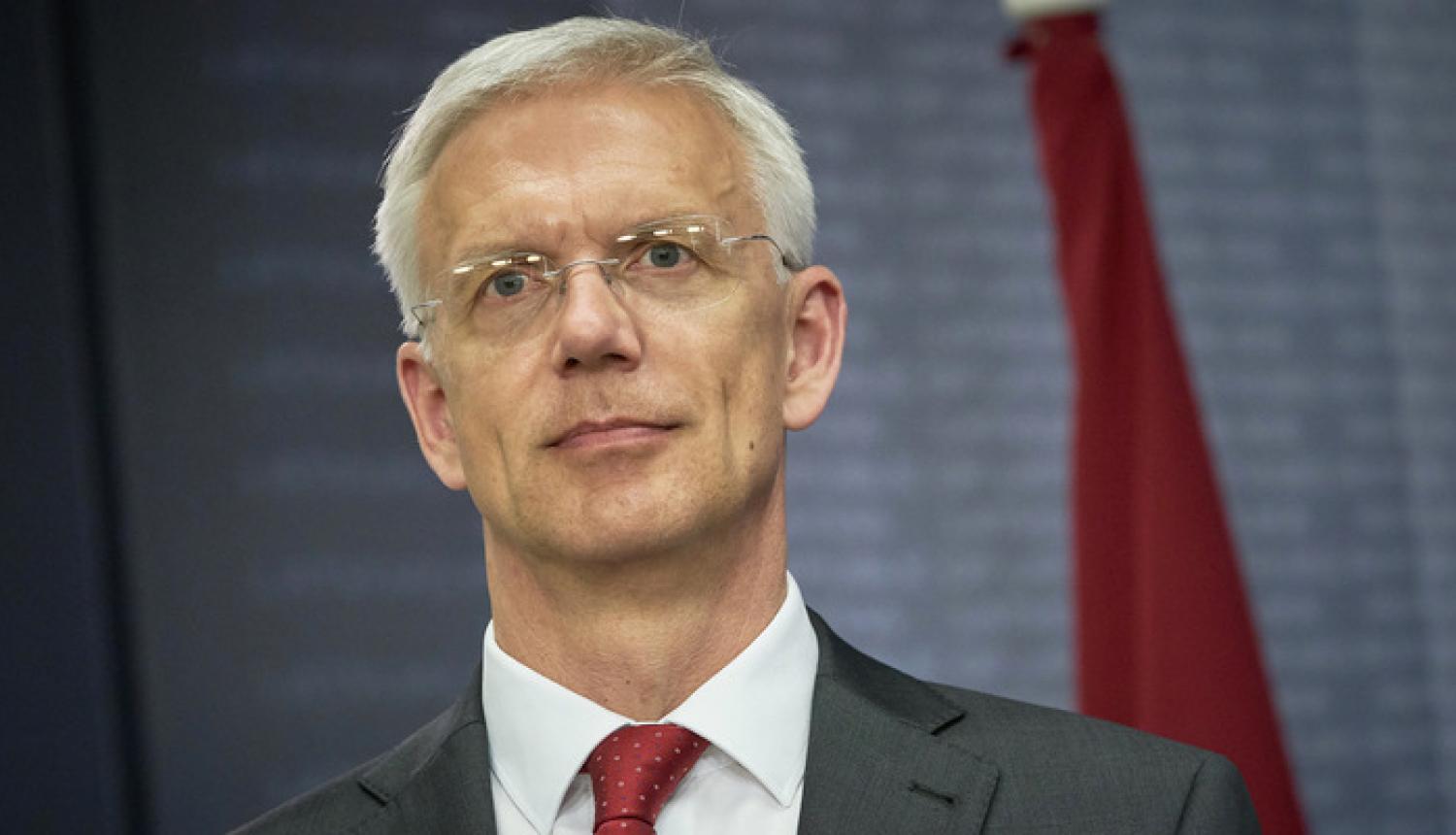Prime Minister Krišjānis Kariņš has commended the Latvian Parliament’s decisive vote to pass landmark reforms to strengthen financial sector supervision into law.
Mr Kariņš said: “These ambitious reforms are a big step forward in our fight against money laundering, the financing of terrorism and arms proliferation. These measures demonstrate our unbending political will to make further changes in the financial sector as quickly as possible and to become a leader in transparency and governance in EU. I call on all EU Member States to strengthen our mutual cooperation on dealing with financial crime and to work more closely and effectively together in the future.”
With these measures, Latvia will have implemented the EU’s 5th Anti-Money Laundering Directive six months ahead of the deadline for Member States.
Today’s reform package will strengthen the independence, governance and democratic accountability of the governance structure of the Latvian financial and capital watchdog FCMC:
All Members of the FCMC board, including the chairman, will be appointed by the Latvian Parliament. These changes are in line with international standards and in compliance with the Basel Committee’s banking supervision principles, as they will further improve the transparency of the candidate selection process
Today’s measures will also enable Latvia to impose sanctions approved by the United Nations Security Council more rapidly. Latvian authorities will no longer have to wait for EU mechanisms to transpose sanctions.
The new legislation requires a range of professional services and state institutions to ensure that their own subjects comply with sanctions and sets robust standards for reporting potential breaches.
The new set of measures have been taken considering directions of the leading international bodies, including the European Central Bank, OECD and the Egmont Group, and demonstrate the Government’s determination to impose and maintain robust standards for the financial sector.
As of today, Latvia has achieved substantial progress:
Non-EU foreign deposits have now fallen to just 8%, greatly reducing the risk of money laundering. Latvian authorities have already frozen €83.2 million in assets in 2019 to prevent money laundering, five times the same period in 2018. Latvia has greatly increased the declaration of beneficial owners and has now eliminated over 17,000 shell companies, in line with the Moneyval recommendations.The government will complete the remaining measures in its overhaul of financial sector regulation by the end of 2019.
Sandris Sabajevs
Press Secretary of the Prime Minister
Phone.: 67082865 ; 22087726
E-mail: Sandris.Sabajevs@mk.gov.lv



